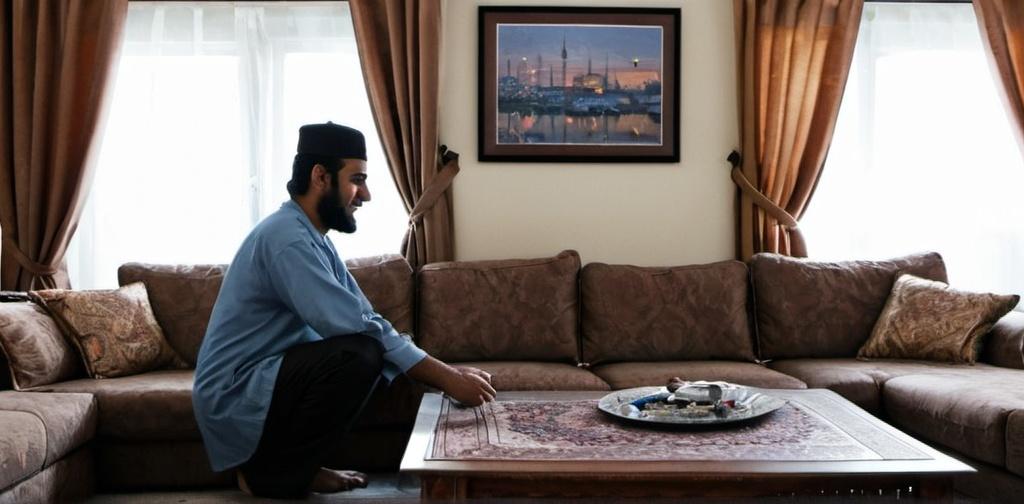Learn more about Binary Options Trading

Binary Options Trading: A Halal or Haram Inquiry
Binary options trading is kind of like betting on the direction of the market. Will it go up or down? Unlike traditional investments, it’s about predicting short-term movements. Many folks dive in thinking it’s a quick way to make money. But for Muslims, there’s a big question: Is this halal or haram? Let’s chew over some key points.
Understanding Binary Options
Binary options are financial instruments where the outcome is either a fixed amount of money or nothing at all. You might say it’s a bit like flipping a coin – win or lose with no middle ground. Typically, traders choose an asset, decide if its price will rise or fall, and set a specific time frame. If they’re right, they make a profit. If not, they lose their investment. Simple, right? But as with many things that seem simple, there’s a bit more to consider.
Why the Debate?
The halal or haram debate around binary options is a hot topic. Islamic finance has strict rules. It’s not just about turning a profit; it’s about ensuring the way you make money aligns with Islamic principles. Gambling, uncertainty, and interest are big no-nos. So, where do binary options fit in?
The Gambling Argument
Some argue that binary options trading is akin to gambling. The reason? It involves a significant amount of risk, and the outcome is essentially a guess. The high risk and speculative nature make it feel a bit too much like a game of chance rather than a strategic investment. But not everyone sees it this way.
Elements of Gharar
Gharar, or excessive uncertainty, is another consideration. In binary options, traders often face unknown odds, and there’s a heavy reliance on chance. This can raise questions, as gharar is generally considered haram in Islamic finance. When you’re essentially betting on market direction without ownership of the asset, it can muddy the waters.
Arguments for Halal
Despite the concerns, some argue that binary options can be halal if certain conditions are met. For instance, trading with full knowledge, avoiding excessive risk, and engaging with ethical brokers can lend legitimacy. The argument hinges on transparency and the trader’s intent. If approached with a strategy and a sound understanding, some believe it could align with Islamic principles.
Ownership and Asset Involvement
One way some traders navigate the halal dilemma is by ensuring actual ownership of the asset involved. This could mean dealing with binary options where the trader has a claim on the underlying asset, thus shifting the focus from speculation to investment.
Broker’s Role
Selecting a reputable broker is crucial. Some brokers offer accounts tailored to Islamic finance, ensuring no interest is earned or paid. For independent education, scam warnings, and broker reviews focused specifically on this niche, see binaryoptions.net . This can include halal-friendly trading platforms that adhere to Sharia law, taking out some of the ambiguity involved in standard binary options trading.
Consultation with Scholars
For many, consulting with an Islamic scholar or a knowledgeable figure in Islamic finance is a good step. Scholars can provide personalized guidance based on specific trading practices and intentions. This approach leans towards making an informed decision that aligns with individual beliefs.
Wrapping Up the Debate
The binary options trading debate isn’t clear-cut. For Muslims looking to trade while following Islamic principles, it boils down to understanding the nature of the trade, realizing the risks, and assessing how much of it feels like gambling. Each trader’s intent and strategy play a role. As always, seeking advice from a trusted source or an Islamic finance expert can help in making a more informed decision.
While binary options present an enticing opportunity, the halal or haram status depends largely on execution and intention. Proceeding with caution and awareness remains key, and as always, consider what aligns best with your understanding of Islamic principles.